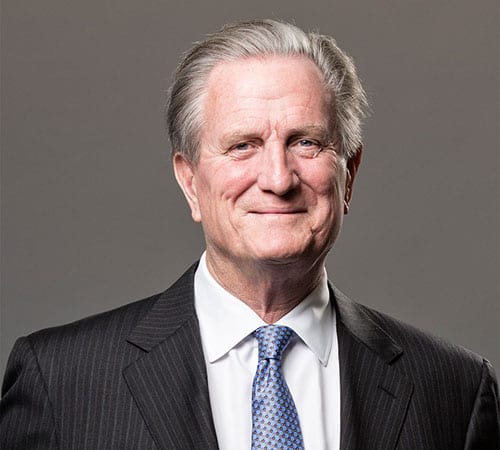Planning for retirement can seem overwhelming. We’ll help you manage complex what-ifs—and stay on course for the retirement you want.
The Basics of HH’s Process
Focusing on Your Goals for the Future
To help your spending needs be met, it’s important to explore what you envision in retirement. Some examples: travel, philanthropy, a change of residence, personal passions.
Getting Your Financial Bearings
We’ll help you organize all your financials, including current investments, income and expenses, saving discipline, typical spending, and future retirement income.
Exploring Multiple Scenarios
If we tweak here or there, then what? We’ll create different scenarios, including: upping your current savings rate, shifting investment allocations, drilling down into expenses, and potentially retiring later.
Reviewing Your Plan
Once you have a plan, how can you be comfortable that it stays solid? We’ll revisit it periodically, hearing from you whether any goals or circumstances have changed and adjust accordingly.
Addressing the impacts of longer lives.
“Understanding longevity is critical to how our clients should view the long arc of their working lives. We’re engaged not only in helping them turn their working and investment capital into financial wealth—we want to help them plan for a wonderful quality of life in their later years.”
Russell T. Hill, Chairman/Co-Founder
Our collaboration with Stanford
Frequently Asked Questions
What is a retirement plan?
A retirement plan is a financial guide and strategy to help determine how much money you should save to support yourself financially in retirement. Retirement plans factor in several scenarios, including income levels, risk tolerance, spending habits, future expenses, health, life events, and personal goals. Saving for retirement can be challenging, especially if you have lots of competing priorities; a financial advisor can help you identify an appropriate amount to save today in an effort to keep you on track for your golden years.
When should I hire a retirement planner?
When you first enter the workforce, saving for retirement seems like one of the last things you might need to do, but hiring a retirement planner as soon as you can At the very least, begin contributing to your company-sponsored 401(k) plan as soon as possible to help harness the power of compounding.
What age is too late to start a retirement plan?
According to a survey from Voya, the average age at which most Americans begin saving for retirement is 28, but you should start well before that. The best practice is to begin saving for retirement immediately upon entering the workforce by contributing to your company 401(k). Leveraging your company’s match can help maximize your potential savings.
What is the difference between a financial advisor and a retirement advisor?
Both financial advisors and retirement advisors offer guidance on planning for retirement, but a financial advisor provides more long-term and ongoing counsel for individuals and their families. Retirement advisors focus on retirement-specific financial strategies and goals.
Do I need a financial planner for retirement?
Financial planners are incredible professional resources who understand what it takes to prepare for retirement and can help you work toward meeting your goals. As you age, your financial situation can become more complex. You may get married, have children, inherit money, or start a business. A financial planner can help you navigate every stage of your financial life, providing insight, guidance, and strategies to help you achieve your financial goals in retirement and beyond.





